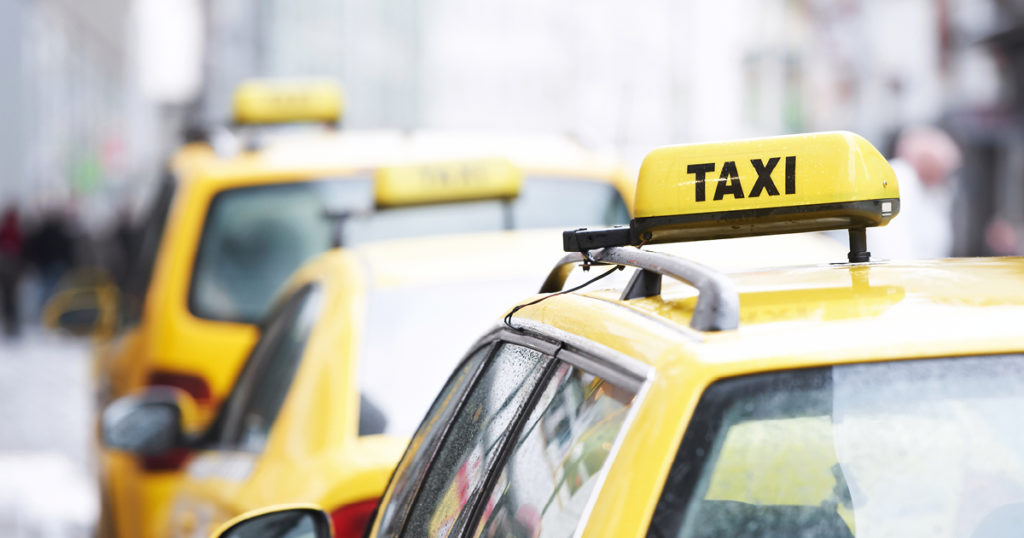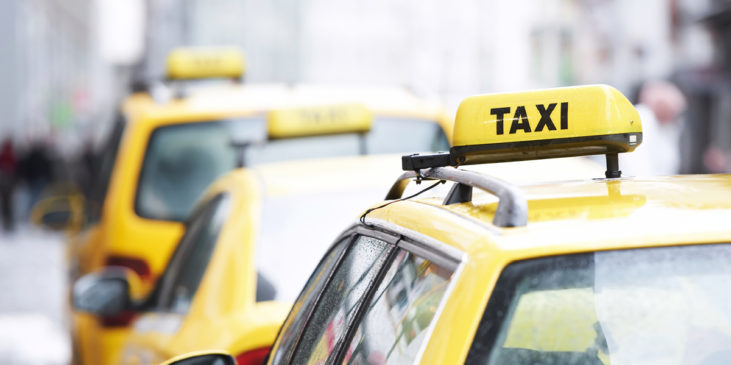
Tanvir Ashraf ’23 knew he wanted to work in transactional law. He wanted to join a clinic that would help him hone his skills in that area—and the Nonprofit and Small Business Clinic seemed like a perfect fit.
“The mission of the clinic is to provide support to marginalized communities and build their economic strength,” says Professor Gowri J. Krishna. Started in 2018, the clinic provides free transactional legal assistance to nonprofit organizations, community groups, small businesses, mom and pop shops, and more. Students are assigned clients in pairs with whom they work over the course of the semester to help them with their business needs—anything from reviewing contracts to setting up leases or licenses to dealing with regulatory issues.
In his interview for the clinic, he learned about one of the clinic’s clients: New York Taxi Workers Alliance. Ashraf paused, and then he got really excited. “This is something I’ve been living my whole life,” he says. Ashraf’s father, Ali Ashraf, became a cab driver/taxi medallion owner after immigrating from Bangladesh to the tight knit, community-oriented borough of Queens, and he is a longtime member of the Alliance. He’s been active in various campaigns for better driver conditions for years, and Ashraf has had a front row seat to the action. Ashraf ranked the Alliance as his number one choice and when he was assigned the Alliance as a client, it was kismet. “I know what’s going on in this world,” he says, “and I really want to help make a difference in whatever way I can.”
The Alliance is a key advocacy center for New York Taxi Workers, who face an often arcane system of policies that traps drivers in years of debt. Their work is critical: The Alliance just won a historic campaign for a taxi medallion debt relief program which restructured loans so the maximum principal balance cannot exceed $170,000. The Alliance has also worked to erase more than $200 million in debt for drivers.
Ashraf and the clinic students are working on regulatory issues for the Alliance, including modernizing their bylaws.
It’s been a joy for Ashraf’s family to support him in this work—which builds on the work his own father has been doing for decades.
Ashraf likes to tell a funny story about when he began work with the Alliance. He told his father he’d be starting the clinic, and Ali told him that he was very close with Alliance Executive Director Bhairavi Desai. Ali, Ashraf says, “likes to exaggerate sometimes”—there are myriad stories from before Ashraf was born that may or may not be true: a boxing championship, a claim to standing six-foot-five, the list goes on. But Ashraf showed Desai a picture of his father in that first meeting, and she recognized him immediately. The two had worked together on a strike on the Brooklyn Bridge—among many other projects. “Tell Brother Ali I said hi,” Desai told Ashraf.
It’s something Ashraf and Ali can share, too, and Ashraf is thrilled to be contributing to this crucial work. “It’s been so fun to see my dad so excited. He was just overjoyed,” he says, “and I’m just happy to be able to help in whatever way I can.”
Experiential Learning at New York Law School’s Plumeri Center
Experiential learning is an integral part of the NYLS education. The Plumeri Center is NYLS’s home for experiential learning, and the Center houses our many clinics, including the Asylum Clinic. Through our top-tier programs, we offer students the opportunity to turn theory into practice: Starting in their first year, students participate in counseling, interviewing, and negotiating exercises in their foundational Legal Practice course. During their upper-level years, students may select from a wide array of experiential learning courses to hone their lawyering skills. Together with a comprehensive legal education, these experiential offerings prepare our students for careers in advocacy.

